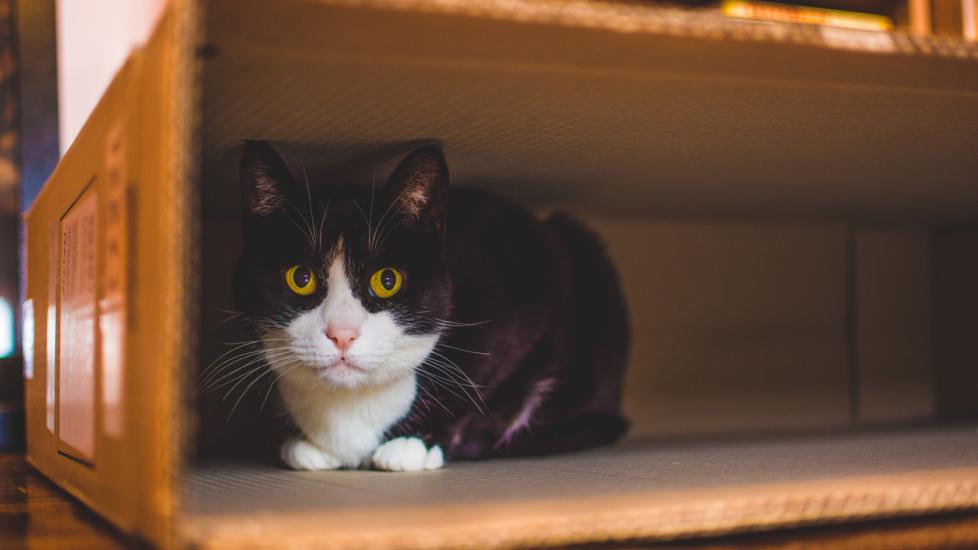 Living with feline companions is an experience filled with joy, companionship, and endless fascination. However, as devoted pet parents, it’s crucial that we are able to recognize when our beloved cats are unwell. Cats often hide their illnesses well due to instinctive behaviors designed for self-preservation in the wild. Therefore, being observant of subtle changes can be key to providing timely care. Here are some telltale signs that your cat may not be feeling purrfectly:
Living with feline companions is an experience filled with joy, companionship, and endless fascination. However, as devoted pet parents, it’s crucial that we are able to recognize when our beloved cats are unwell. Cats often hide their illnesses well due to instinctive behaviors designed for self-preservation in the wild. Therefore, being observant of subtle changes can be key to providing timely care. Here are some telltale signs that your cat may not be feeling purrfectly:
-
Changes in Appetite or Drinking Habits: A sudden decrease or increase in appetite could indicate health issues such as digestive problems, kidney disease, diabetes, or even cancer. Similarly, excessive thirst might signal kidney trouble or hyperthyroidism.
-
Lethargy or Loss of Energy: If your normally energetic cat suddenly seems sluggish and disinterested in playtime, this could be a sign of illness. Fatigue can result from infections, immune system disorders, or heart conditions.
-
Vomiting or Diarrhea: While occasional vomiting or diarrhea isn’t uncommon among cats, persistent episodes should raise concern. These symptoms could point to intestinal parasites, inflammatory bowel disease, pancreatitis, liver disease, or other gastrointestinal distress.
-
Increased Thirst or Urination: As mentioned earlier, these symptoms could be linked to kidney diseases or diabetes mellitus. It’s important to monitor how much water your cat drinks each day and check if they urinate more frequently than usual.
-
Weight Fluctuations: Unintentional weight loss or gain can suggest underlying medical concerns like thyroid imbalances, dental issues (which affect ability to chew), or hormonal disturbances affecting metabolism.
-
Unexplained Pain or Discomfort: Your cat may show signs of pain through hiding, restlessness, or unusual vocalizations. They might also stop grooming themselves properly or develop a hunched posture.
-
Respiratory Distress: Wheezing, sneezing fits, nasal discharge, or rapid breathing rates could hint at respiratory infections, allergies, or even more serious conditions like asthma or heart failure.
If you notice any of these symptoms consistently over several days, it’s time to consult with a veterinarian who can perform diagnostic tests and recommend appropriate treatment plans tailored to your cat’s specific needs. Early detection significantly improves outcomes and reduces stress on both pets and owners by avoiding unnecessary suffering down the line. Remember that every cat is unique—what applies generally here might vary slightly based upon individual personalities and lifestyles!
